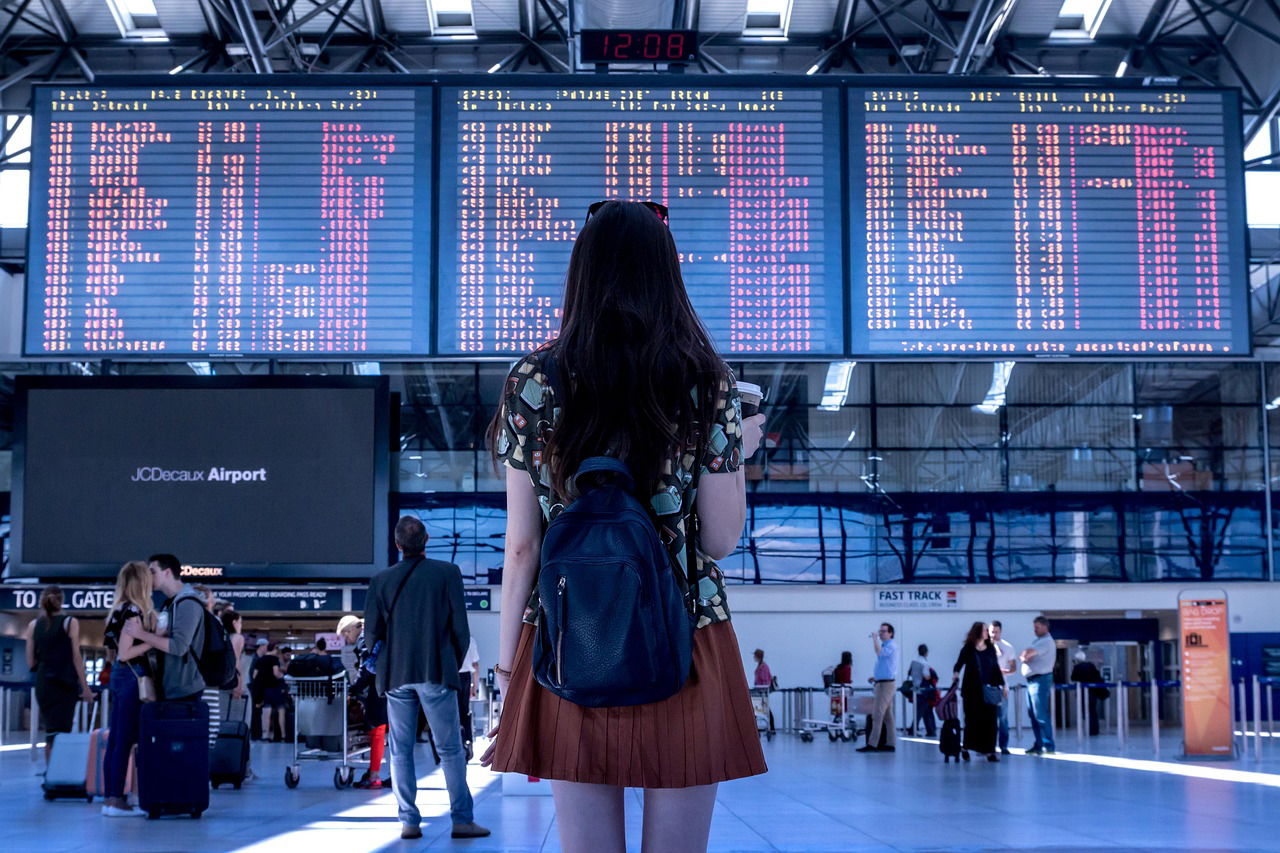Financial Tips to Stay Stable While Moving to Another Country
Before packing your bags, it’s essential to create a detailed financial plan for your move. A comprehensive budget should include initial moving expenses, travel costs, visa and legal fees, temporary accommodation, and setup costs like furniture or deposits. Many people underestimate the up-front cost of moving internationally, especially when unexpected expenses arise during the transition.Research the cost of living in your new destination. Use tools like Numbeo or Expatistan to compare prices for housing, food, transportation, and healthcare. Don’t forget to include buffer funds—at least 10–20% more than you think you’ll need—for emergencies or currency fluctuations. The more accurate and realistic your pre-move budget is, the less financial stress you’ll face once you arrive.

Open a Local Bank Account (and Keep Your Old One Too)
Managing finances across borders can be complicated without the right banking setup. As soon as possible, open a local bank account in your new country. This will help you receive payments (especially if you’re working), pay rent, and avoid international transaction fees. Some countries make this easy; others require proof of residency, so prepare the required documents ahead of time.However, don’t close your original account just yet. Keeping a bank account in your home country allows you to maintain credit history, pay off any remaining debts, and manage ongoing bills or taxes. Consider using a digital bank like Wise (formerly TransferWise), Revolut, or N26 for easy international transfers and currency exchange at better rates than traditional banks. See More
Understand the Tax Obligations in Both Countries
One of the most overlooked aspects of moving abroad is taxation. Depending on where you’re from and where you’re going, you may be subject to double taxation, meaning you could owe taxes in both countries. Consult a tax advisor who specializes in expat finances to understand your obligations and minimize legal risk.Some countries have double tax treaties, which can prevent you from being taxed twice on the same income. You’ll also need to be aware of reporting requirements for foreign income or assets, especially if you’re a U.S. citizen, where global income must be declared regardless of residence. Understanding local tax laws early helps you avoid fines, back taxes, or even legal trouble later.
Track Your Spending and Adjust for Local Cost of Living
Once you’ve settled in, tracking your spending is crucial. The cost of living might be higher or lower than expected, and without regular monitoring, it’s easy to overspend. Use budgeting apps like YNAB, PocketGuard, or Mint to keep tabs on your day-to-day expenses.Adjust your habits to suit local pricing. For example, cooking at home instead of eating out, or using public transportation instead of owning a car, can make a big difference depending on the country. Also, be wary of the “vacation mindset”—many expats tend to overspend in the early months due to novelty and excitement. Staying financially grounded from the start will help you build stability and confidence in your new environment.
Secure Stable Income or Build an Emergency Fund
Whether you’re relocating for a job, retiring, or starting fresh, stable income is key to financial security. If you don’t have a job lined up, try to have at least 3–6 months of living expenses saved in an emergency fund. This gives you a safety net while you search for work, start a business, or wait for income to stabilize.For remote workers or freelancers, ensure your contracts, payment methods, and invoices are set up to work internationally. Consider diversifying your income streams—consulting, online teaching, or investing—to cushion against market shifts. Living abroad can be unpredictable, and financial flexibility is your strongest asset.
Get the Right Insurance Coverage
Moving abroad comes with a new set of risks, and insurance helps protect against them. At minimum, consider international health insurance or sign up for local health coverage if it’s available. Some countries offer public healthcare to residents, while others require private plans. Make sure you understand what is covered—especially emergency care and repatriation.You should also think about renters insurance, travel insurance, and even life insurance if you’re relocating with a family. If you’re moving with valuable items, check if they’re covered during the move and after arrival. Insurance might feel like an added cost, but it provides essential peace of mind—and can prevent financial devastation if the unexpected happens.
Build Local Credit and Understand Currency Risks
Establishing a credit history in your new country is essential if you plan to stay long term. Without it, getting a loan, signing a lease, or even getting a mobile phone plan can be difficult. Start by applying for a local credit card, even if it has a small limit, and use it responsibly to build trust with local financial institutions.Also, be aware of currency exchange rates. If your income is in one currency and your expenses are in another, you’ll be vulnerable to fluctuations. Use currency conversion tools and consider locking in exchange rates or using multicurrency accounts to reduce exposure. Currency risks can erode your income or savings over time—understanding and managing them helps you stay financially secure.
Conclusion
Moving to another country can be one of the most rewarding adventures of your life—but it also brings unique financial challenges. From budgeting and banking to taxes and insurance, proper planning is key to maintaining stability. The goal isn’t just to survive abroad but to thrive—and that requires being proactive with your money from the very beginning.By building smart financial habits, understanding your obligations, and preparing for uncertainty, you lay the groundwork for a confident and fulfilling life overseas. Whether your move is temporary or permanent, these financial tips will help you stay balanced, secure, and ready to make the most of your global journey.

